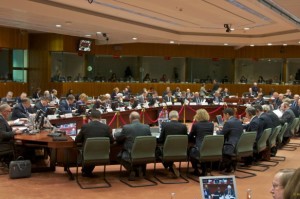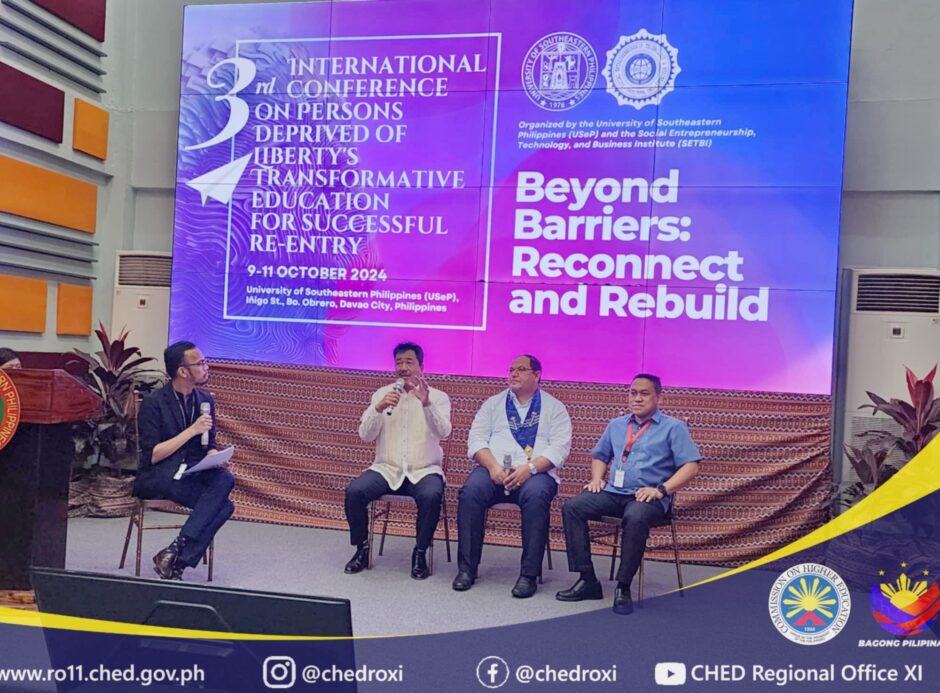 According to a recent article in The Economist, foreign affairs are often “a zero-sum game in which global interests compete with national ones.” Our world, however, is not the world of a decade ago. We live in an unstable world, so matters are not so black and white. Different nationalities no longer sing together as in the Coca Cola ad, “I’d like to teach the world to sing in perfect harmony.” The song of globalization has become muted. Our world is going through a new transformation and is striving to have a new world order and system. Every nation is competing for power, including the Philippines. President Dutterte understands the rise of world politics with discordant identity-based attitudes and with new ethnic nationalisms.With the rise of nationalism and racism, political leaders are now becoming the representatives of these attitudes. Defining President Duterte’s political vision, one widely acclaimed in the Philippines, is a civic nationalism and a corruption free campaign. This civic nationalism signals an energy that takes a more conciliatory position in calling for common ground and for structural changes in society and politics. Given the complex defeat of the war on drugs in the Philippines and now the broad political engagement, we see not an "exclusionary nationalism" that the article in The Economist speaks of, but rather an "encompassing discourse of nation.”
According to a recent article in The Economist, foreign affairs are often “a zero-sum game in which global interests compete with national ones.” Our world, however, is not the world of a decade ago. We live in an unstable world, so matters are not so black and white. Different nationalities no longer sing together as in the Coca Cola ad, “I’d like to teach the world to sing in perfect harmony.” The song of globalization has become muted. Our world is going through a new transformation and is striving to have a new world order and system. Every nation is competing for power, including the Philippines. President Dutterte understands the rise of world politics with discordant identity-based attitudes and with new ethnic nationalisms.With the rise of nationalism and racism, political leaders are now becoming the representatives of these attitudes. Defining President Duterte’s political vision, one widely acclaimed in the Philippines, is a civic nationalism and a corruption free campaign. This civic nationalism signals an energy that takes a more conciliatory position in calling for common ground and for structural changes in society and politics. Given the complex defeat of the war on drugs in the Philippines and now the broad political engagement, we see not an "exclusionary nationalism" that the article in The Economist speaks of, but rather an "encompassing discourse of nation.”
Political observers note a political vision that is based on civic nationalism in the Philippines. President Duterte explicitly is telling his critics to mind their own business, explaining that his people are suffering and dying because of drugs. Emboldened by what he sees as a clear mandate from the people, he believes it is his job to deliver this new political vision. International politics is not about charity; it is about national interests.
President Duterte is not one who favors isolation but rather involvement; he is not one who wants separation from his neighbors but rather integration with them. Yet, he wants no foreign involvement in his internal affairs. President Duterte became angry at a foreign journalist’s charges about human rights violations, asking the journalist to define for him the meaning of “hypocrisy” because Duterte sees the necessity of his actions yet questions Western countries’ own records especially in being free to “cast the first stone.”
The story of harsh policies is all too familiar in that the global financial crisis gave rise to a new socio-political norm characterized by the rise of the far right and violence and hate. The rise of populist leaders with an, at least perceived, mandate has resulted, and that populism is often at odds with civic nationalism, dividing rather than uniting.
Duterte was alluding to the question of why the West does not mind their own business because Western countries are going through a crisis and, consequently, multiculturalism is in a serious crisis. The rise of racism and ultra-nationalism is threatening the liberal values that the Western countries were proud to possess. The world is witnessing the rise of white supremacists, racism, intolerance, and violence in the birthplaces of democracy and liberalism. The main danger here is that racism, chauvinism, xenophobia are becoming norms. The Westerns leaders should deal with these internal dangers not fight with the external force of President Duterte’s policies.
The Western governments have failed to deal with domestic challenges from the refugee crisis and immigration, which was started by the civil wars in Syria and Iraq—all of which have dragged the West into a cultural and moral crisis. Western countries suffer from a deficit in political leadership; the people are sick and tired of the power of the bureaucracy and of the hypocrisy of leadership. Now, Western powers have put pressure on President Duterte by meddling in the Philippines’ domestic affairs. At the same time, the EU welcomes terrorist groups who killed more than 240 Turkish people under their leader’s failed coup in Turkey. Under the circumstances, the Philippines has a right to revisit its relations with America or with any other country that exhibits a duplicity.
Parenthetically, I must also note here that President Duterte welcomed the victory of Trump because he knew that Hillary Clinton would have made a worse president. The policies of the Obama administration in the Middle East and in the Asian Pacific were definitely hypocritical in many cases. Understandably, the disappointment the image of Obama has created in the eyes of many people around the world, especially people in Syria and in the Middle East, is justified. The West and the United States are completely on a wrong course and instead of trying to understand the real situation in the Philippines, they seem to be trying to criticize the new President for doing his job in rectifying some failed policies. Even threatening to take President Duterte before the International Criminal Court for going after the drug dealers and human traffickers, his opponents demonstrate a great shame for those who claim to be civilized. People in the United States or West should instead focus on their own problems and suffer the consequences of failing to keep the Philippines on their side. Foreign affairs’ win-win of globalization with its cooperation may unfortunately have yielded to a zero-sum game of competition and rivalry.
Dr. Aland Mizell is President of the MCI and a regular contributor to Mindanao Times. You may email the author at:aland_mizell2@hotmail.com

